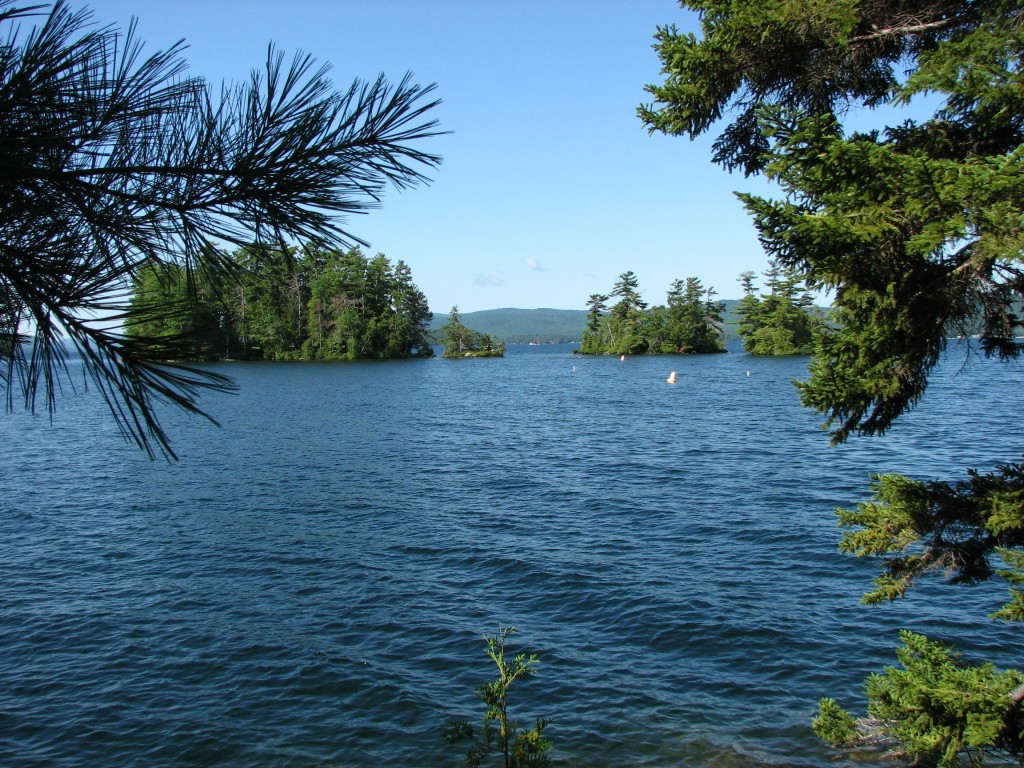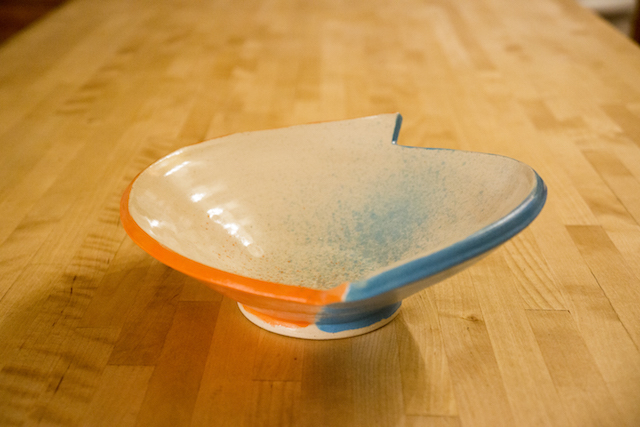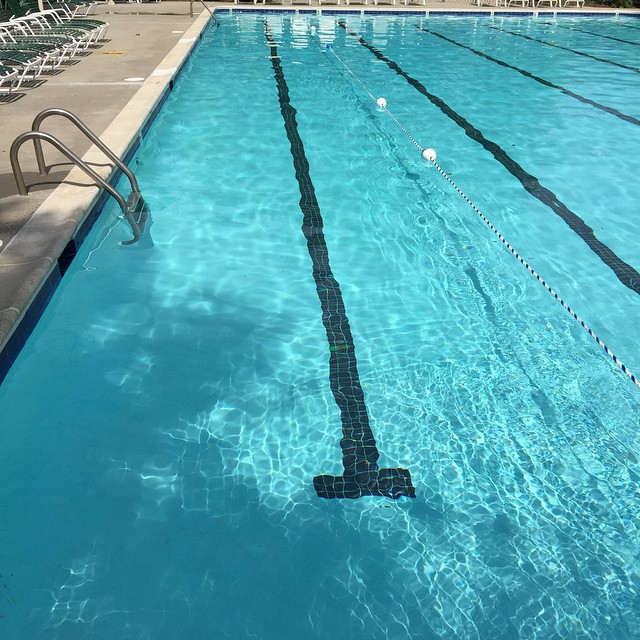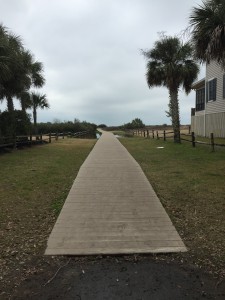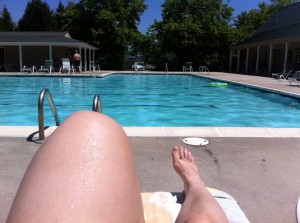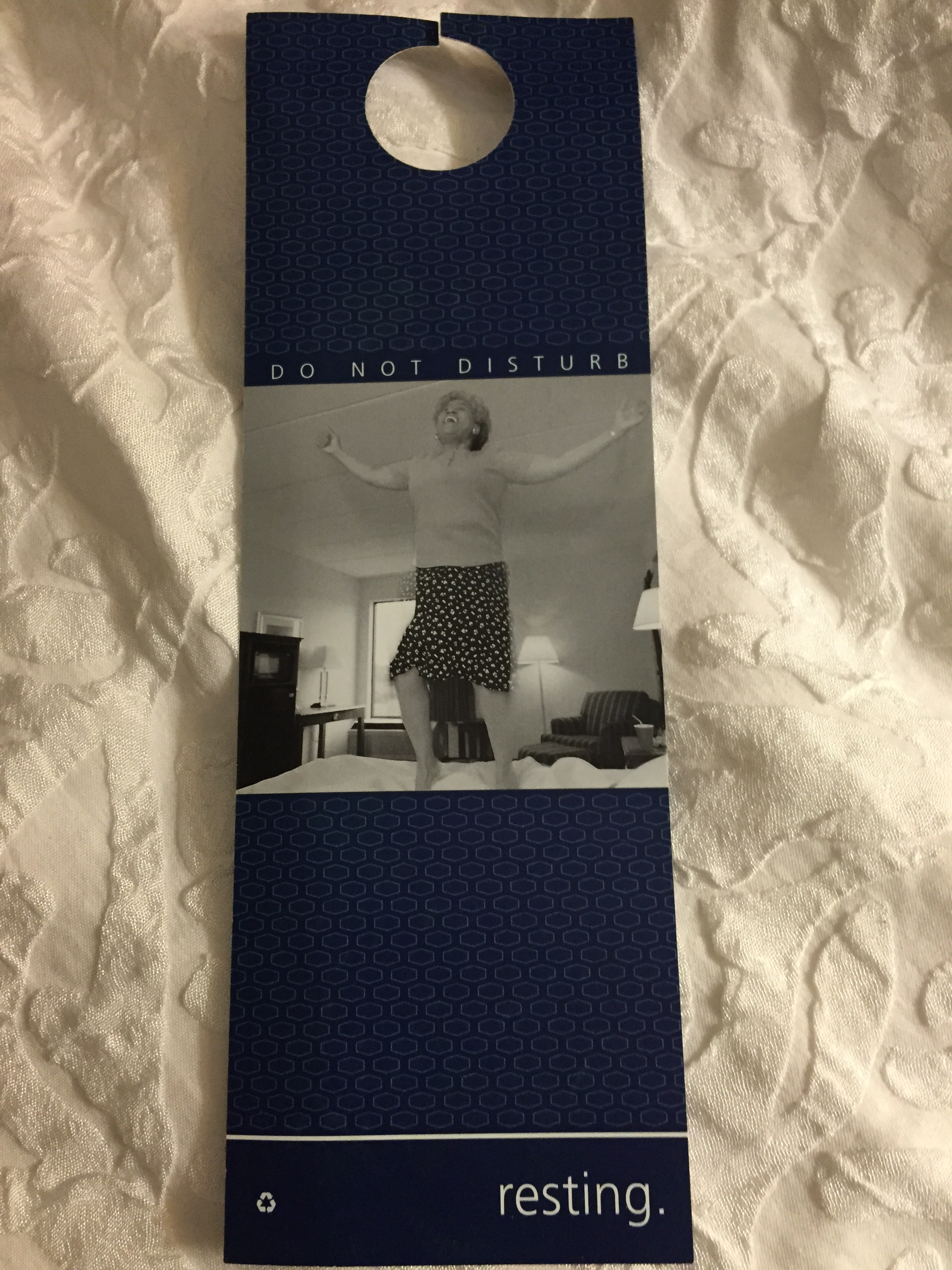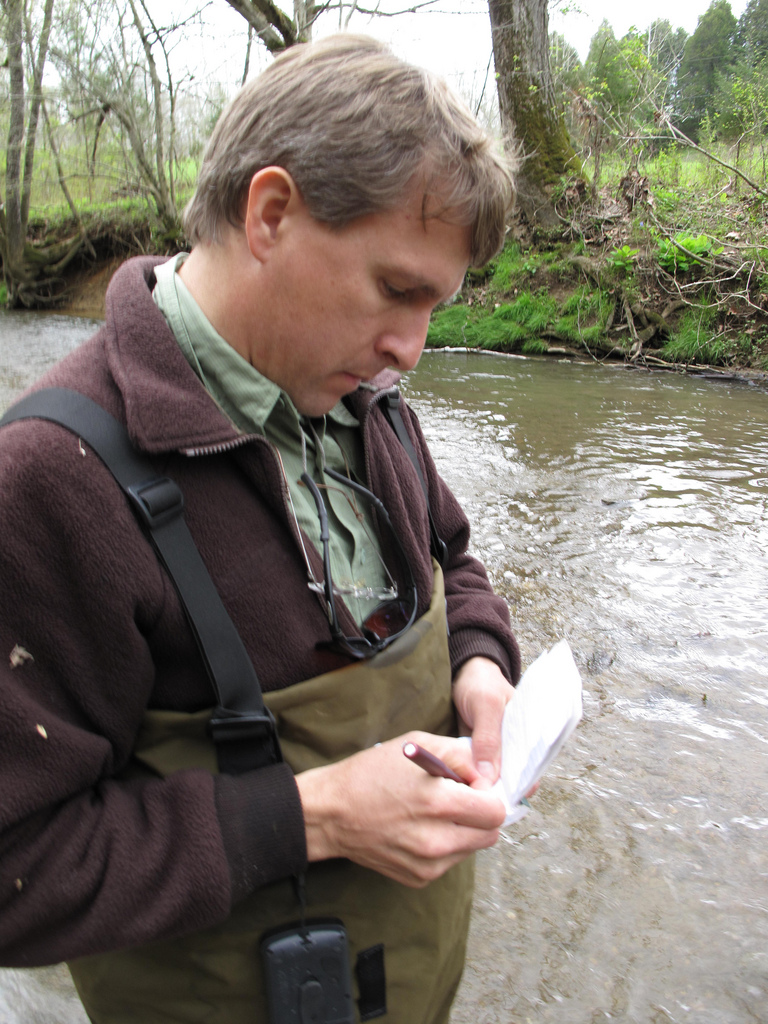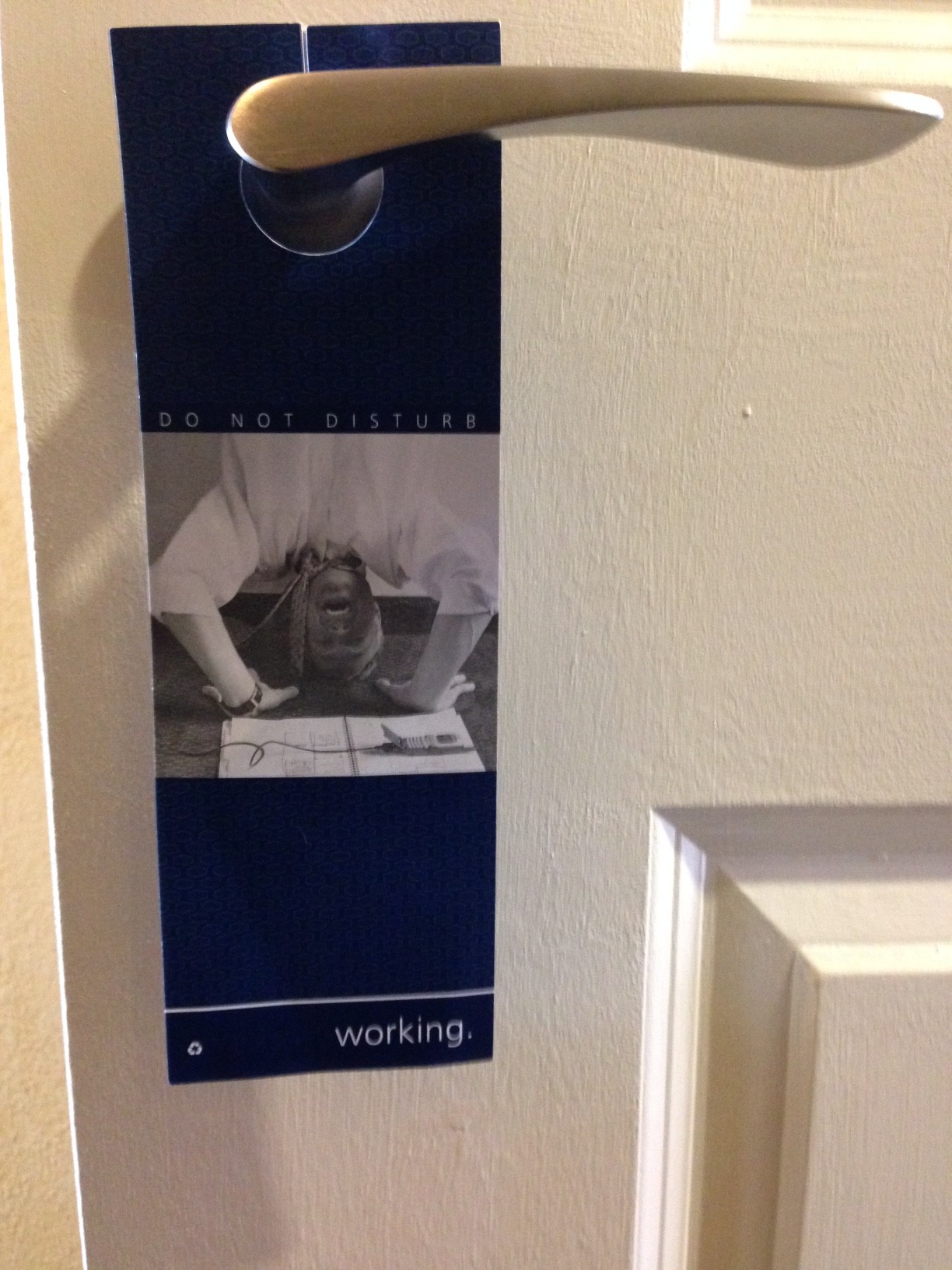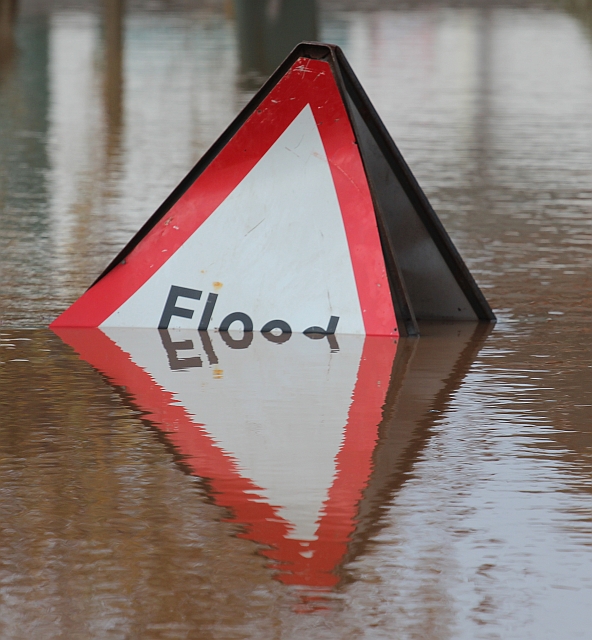
I was visiting a 90-something-year-old who had just asked how things were going. I admitted I had too much on my plate and felt overwhelmed by it at that moment. She said, “I can’t remember the last time I was overwhelmed.” I was annoyed and ungenerous in my heart.
About that same time, early October with gorgeous colors ablaze in the trees and perfect crisp weather, a very nice woman at church asked if I’d been doing any hiking. My first and most accurate response, which I somehow managed not to say out loud was, “Are you f*@#ing kidding me?”
Yes, I know I have a problem.
Between college and seminary I worked for 3 years in Appalachia. I lived just outside of a town with one flashing light, on the side of a mountain where I could hear cows mooing from the other side of the mountain and, standing on the front porch, I could look across the ridges to Tennessee. This makes it sound like a simple life and a slower pace. From my current vantage point, I’m tempted to think that way, though it’s not entirely true. I worked for a non-profit hosting huge groups of volunteers doing home repair, with full blast, no-stopping seasons of activity and slight pauses to catch our breath at other times of year.
During that time I first ran across this quote from the Trappist monk and writer Thomas Merton (Conjectures of a Guilty Bystander):
“There is a pervasive form of contemporary violence to which the idealist most easily succumbs: activism and overwork. The rush and pressure of modern life are a form, perhaps the most common form, of its innate violence. To allow oneself to be carried away by a multitude of conflicting concerns, to surrender to too many demands, to commit oneself to too many projects, to want to help everyone in everything, is to succumb to violence. The frenzy of our activism neutralizes our work for peace. It destroys our own inner capacity for peace. It destroys the fruitfulness of our own work, because it kills the root of inner wisdom which makes work fruitful.”
I highlighted, starred, and dog-eared this quote. I read it and re-read it.
I posted it next to my desk when I first began in campus ministry. Back then, observing the pace at which students were living, I was convinced that one of the best things we could do in campus ministry was to convince students to slow down, empty out, take a day off, and even skip a class here and there. I was dismayed to hear students talk about skipping class – to finish a paper for another class. It was never to lounge on the grass and read poetry or contemplate the sky.
Unfortunately, it’s still just as applicable in campus ministry today, more than a decade later. Even more unfortunately, Merton’s quote is still just as applicable in my own life now as it was when I first read and seized upon it on that hill in Appalachia 25 years ago.
Temptation is great. Memory and will are weak. This time, I can get it all done. This time, I’ll fit in everything everyone wants. This time, it won’t break me to work and never rest.
Wrong again.
In these months of being overwhelmed and undernourished, when I want to snap at pleasant people in church and nonagenarians, I return to Merton’s wisdom. In this Advent season when we hear the invitation to repent (“turn around”), I am trying hard to turn around – again – and to move in the direction of life. Or at least, more life and less death.
It’s been too long since I “skipped class.” I’ve been missing out on poetry and the gorgeousness of the unearned sky. The two hardest things I did in the past week were when I said “No, not now” to people asking for my time or attention.
I’ve been living with this quote for a long time now but it’s newly occurring to me that, yes, it’s about me and choices I make and the encouragement it gives to choose otherwise. But it’s also about a lifelong practice. I used to think I could learn this and embody it and move on to other issues. Now I think maybe Thomas Merton was even wiser than I knew. Maybe his advice is also about the continual staunching of that tide, about the necessary maintenance we must undertake on the retaining wall holding back that persistent hillside of “too much.”
I don’t know that I’ll ever “fix” this as I once imagined was possible, but I hear the call to tend to it. To turn around and tend to my spirit, even as many other things and people need tending. My prayer-in-practice in these waning Advent days is to be met in my turning, to realize at bone-soul level that my best work is to behold and receive. Every time I turn, there’s God. This is my prayer for all of you, too.
*
photo credit: “Overwhelmed Flood sign, Upton-upon-Severn,” © 2013, Bob Embleton , CC BY-SA 2.0, via Wikimedia Commons


